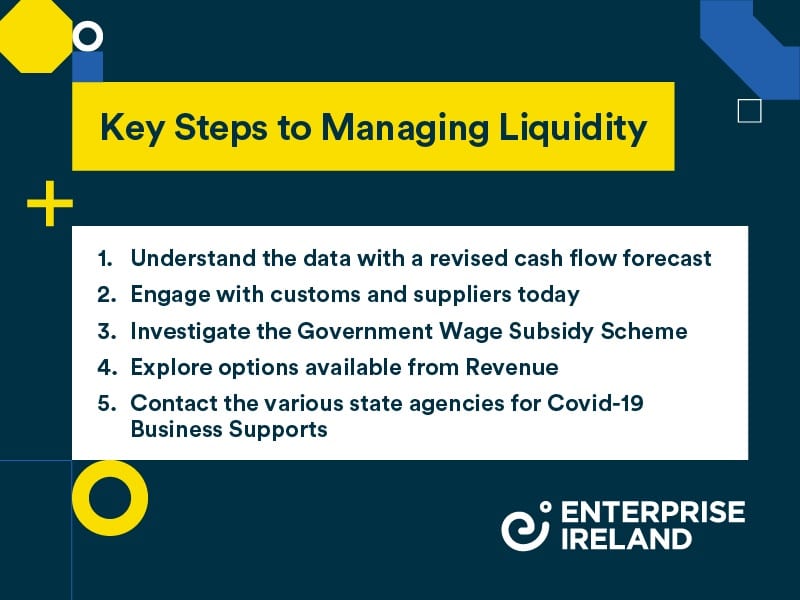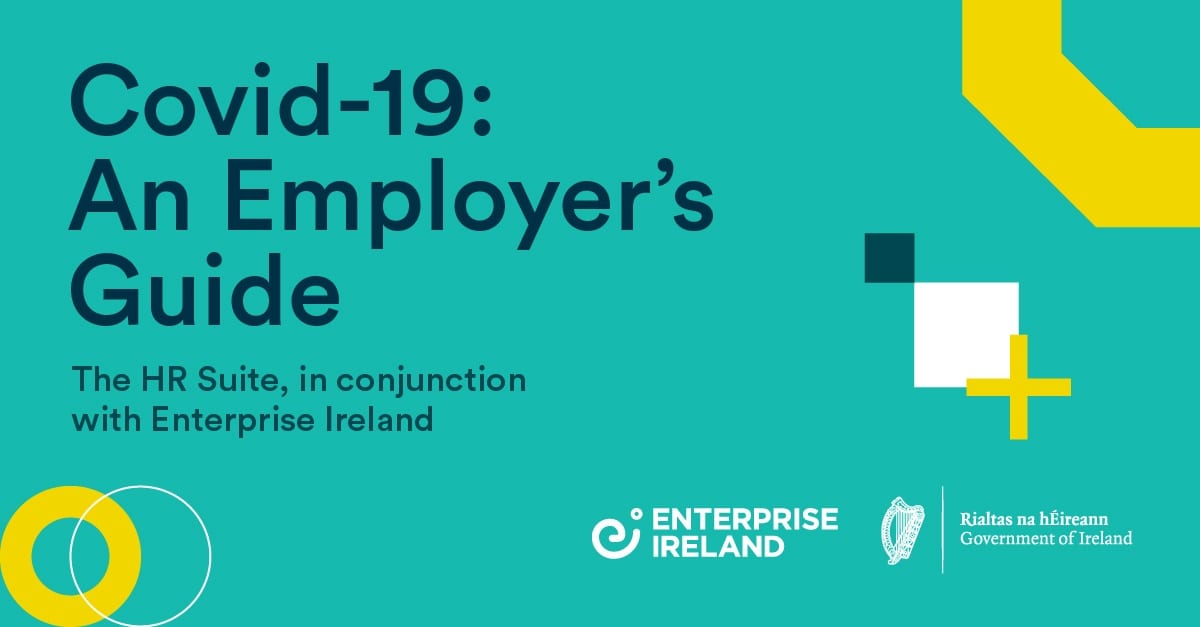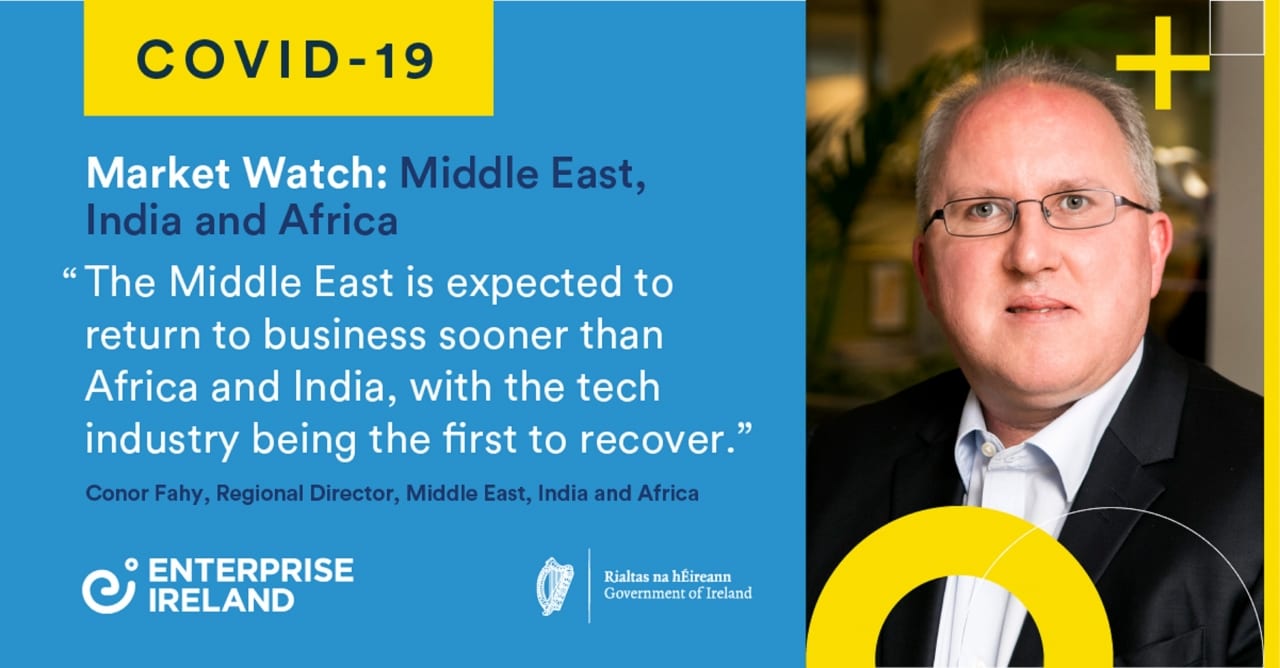Managing liquidity through the Covid-19 crisis

Cash really is king for businesses contending with the Covid-19 crisis. Many of those still trading have to meet ongoing payroll, rent, utilities and other costs in the face of rapidly declining demand, while many others have been forced to close either as a result of government directive or adverse trading conditions and are looking at ways to reopen when the crisis abates.
The challenge for all of these companies is how to manage their liquidity through the coming weeks and months to ensure they are in a position to take advantage of the recovery when it does come.
Interestingly, recent events have served to prepare Irish companies for the shock. “We have been talking to a lot of companies in our role as an outsourced CFO,” says Barry Doyle, director of specialist financial advisory firm SGL.
“They have learned to deal with a lot of problems as a result of the Brexit crisis and they are better prepared as a result. With Brexit, the issues were reduced margins, foreign exchange issues and other disruptions, and they have been preparing for them.” says Doyle.
Of course, the scale of the impact of the Covid-19 crisis is greater by an order of magnitude. “This will mean a shutdown for many companies and a full loss of income for a sustained period,” Doyle points out. “They are seeing zero revenues on one hand while they face continued expenditure on staff, suppliers, customers and so on.”
Understand the Data with a Cashflow Forecast
Dealing with that situation begins with data. “The starting point is a detailed cashflow forecast,” Doyle advises. “That’s key to understanding where you are.” And what you need to do.
He describes cash and communication as the key elements of the approach to be taken once the forecast is complete.
“If working capital is the lifeblood of the business, cash is the oxygen,” he notes. “Companies have got to have working capital available to them to kickstart them after the shutdown.”
Engage with Creditors and Debtors
And that’s where the communication comes in. “You have to talk to your customers to identify what receipts are likely to come in. Are they still open? Are they still in a position to pay bills? Talk to your suppliers to see if they can extend credit to you. Part pay bills if necessary.”
Doyle says the best way for businesses to look at this situation is as akin to hibernation. “They have to squirrel away cash for when spring comes, so they can take advantage of the bounce that will come then. Many companies have seen this coming and have been working with their customers to get as much cash in as possible. Companies who haven’t done this should run an aged debtor analysis to see what might be out there. It might be a case of seeing who they can target for payment when business reopens, or it might be identifying customers to work with to find a way through the crisis.”
Wage Subsidy Scheme to Retain Staff
Cash will still be needed for payroll and other costs, of course. “Nothing is as important as your staff,” Doyle points out. “Your employees are a critical resource in business.”
He believes the Government Wage Subsidy Scheme can help companies avoid the damage of layoffs and advises them to avail of it where possible. “We are working with client companies to help them retain key staff and look after them during the crisis,” he adds.
Access Government Supports
Doyle’s Co-Director John Power describes the various State initiatives, including the Enterprise Ireland Stabilise and Rebuild Fund, Business Financial Planning Grant as a “huge boost”. Companies should monitor Government support developments and banking facilities offered from main banks and SBCI, to support their Working Capital needs to help them bounce back and restart their businesses quickly when working restrictions are eased
“The decision by Revenue to defer interest and penalties for late payment of VAT has also been very helpful,” he adds. “Revenue is not withholding Tax Clearance Certificates for late payment and that means companies will be able to continue to get paid by public bodies during the crisis.”
Power concludes by noting that businesses now have to become much more disciplined in terms of cost controls as well as in credit control. “In good times it is possible to be a bit more relaxed,” he says. “But companies now have to be a lot more disciplined when it comes to credit control. That means calling in debts as they fall due or even offering discounts to customers for early payment. They have got to build as much working capital as they can. Cash is king. That’s never been truer.”






















